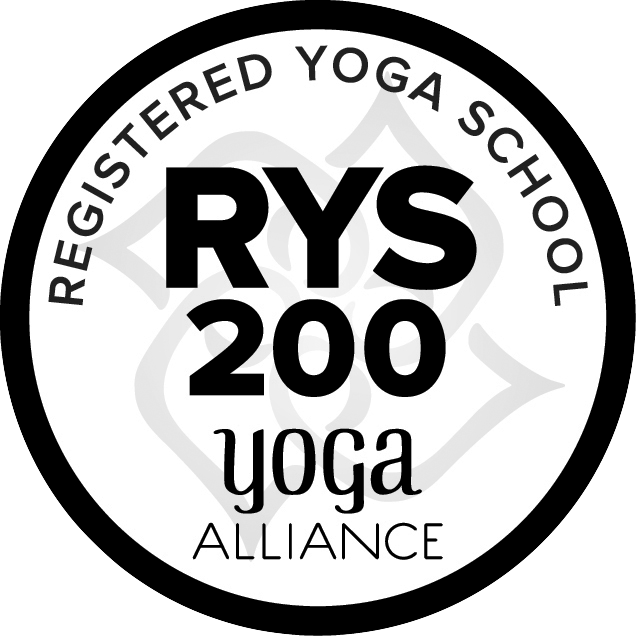
The Spiritual Life Society and Yoga Center of Hudson
We are a "Registered Yoga School" at the 200 hour level (RYS-200) with Yoga Alliance.
 | |
YogaTeacher.org Yoga Teacher Training The Spiritual Life Society and Yoga Center of Hudson We are a "Registered Yoga School" at the 200 hour level (RYS-200) with Yoga Alliance. |
|
HOME |
YOGA TEACHER TRAINING & CERTIFICATION |
HOW TO APPLY |
MEET OUR TEACHERS |
YOGA TEACHER RESOURCES |
LINKS |
SITEMAP |

We practice and teach the classical eight‑limbed Astanga Yoga (a.k.a. Raja Yoga) as codified by Patañjali in the Yoga Sutras.

Our Mission: To train qualified Yoga instructors that teach safely and inspire their students to seek and discover their inner self. |
Spiritual Life Society & Yoga Center of Hudson Ethical Guidelines for Yoga Teachers
When we began modifying our Yoga Teacher Training and Certification program to meet the requirements of Yoga Alliance, we needed to have an official set of ethical guidelines for our staff and trainees. After much searching and discussion, we choose to use the the document below, which was developed by the Yoga Research and Education Center. During our training program, we spend at least one session discussion these ethical guidelines. If you choose become an RYT with Yoga Alliance when you graduate, you will also need to agree to abide by their Code of Conduct, which you can read here.
Yoga is an integrated way of life, which includes moral standards traditionally called—"virtues"—that any reasonable human being will find in principle acceptable. Some of these standards are encoded in the first limb (anga) of Patanjali's eightfold path (astanga-yoga), called yama ("discipline" or "restraint"). According to Patanjali's Yoga-Sutra, this practice category is composed of the following five virtues: nonharming (ahimsa), truthfulness (satya), nonstealing (asteya), chastity (brahmacarya), and greedlessness (aparigraha). These have been explained by traditional authorities and also by modern interpreters. In other key scriptures of Yoga further moral principles are mentioned, including kindness, compassion, generosity, patience, helpfulness, forgiveness, purity, and so on. All these are virtues that we connect with a "good" person and that are demonstrated to a superlative degree in the lives of the great masters of Yoga. In light of this, it seems appropriate for contemporary Yoga teachers to endeavor to conduct their lives in consonance with the moral principles put forward in Yoga. As teachers, they have a great responsibility toward their students, and they can be expected to clearly demonstrate the qualities one would associate with a good teacher. As practitioners and representatives of Yoga, their behavior can be expected to reflect the high moral standards espoused in Yoga. At the same time, we must take into account the present-day socio-cultural context, which differs in some ways from the conditions of pre-modern India. The Yoga Research and Education Center (and the Spiritual Life Society) views the formulation and publication of these ethical guidelines as part of its effort to help preserve the traditional legacy of Yoga and improve the quality of Yoga teaching and practice in the modern world.
|
|
Quick Links:

Click here to visit our myspace page.   Click here to learn about the Larry's book: small change* *It's the LITTLE Things in Life that Make a BIG Difference! |
|


|
|
YogaTeacher.org in conjuntion with The Spiritual Life Society and Yoga Center at The Old Church on the Green One East Main Street Hudson, Ohio 44236 USA |
Contact us at 330.656.0100 330.342.2479 info@YogaTeacher.org www.YogaTeacher.org www.AUM.org |
 |